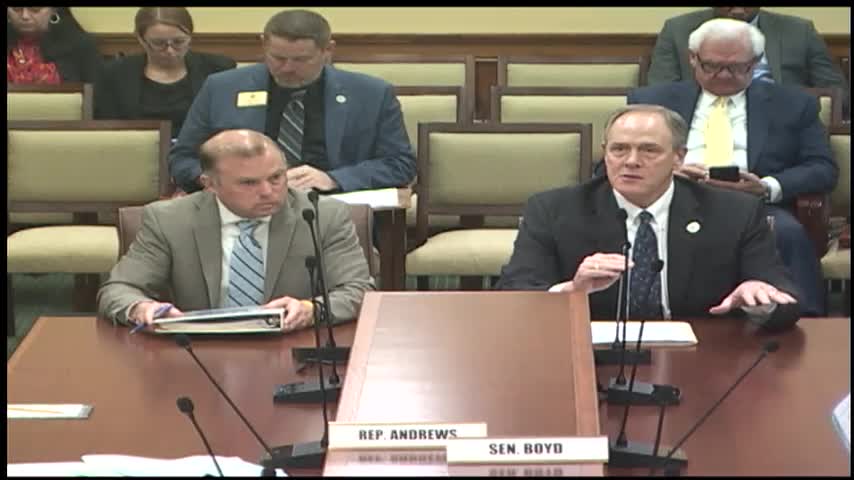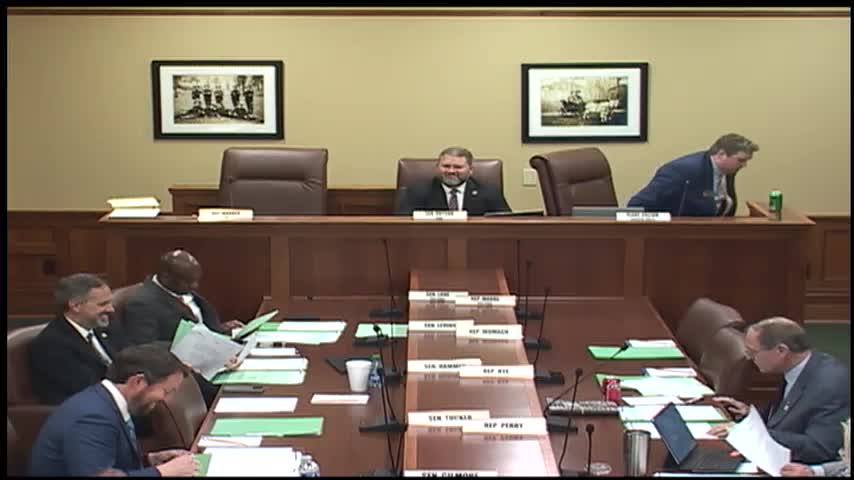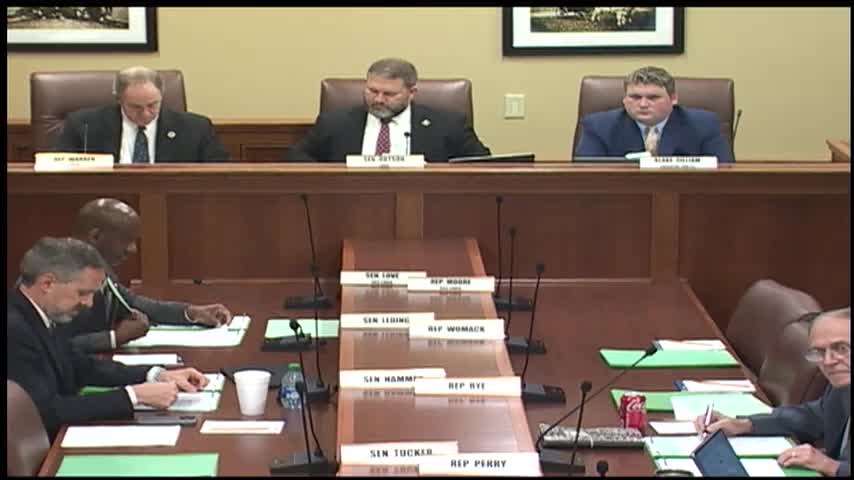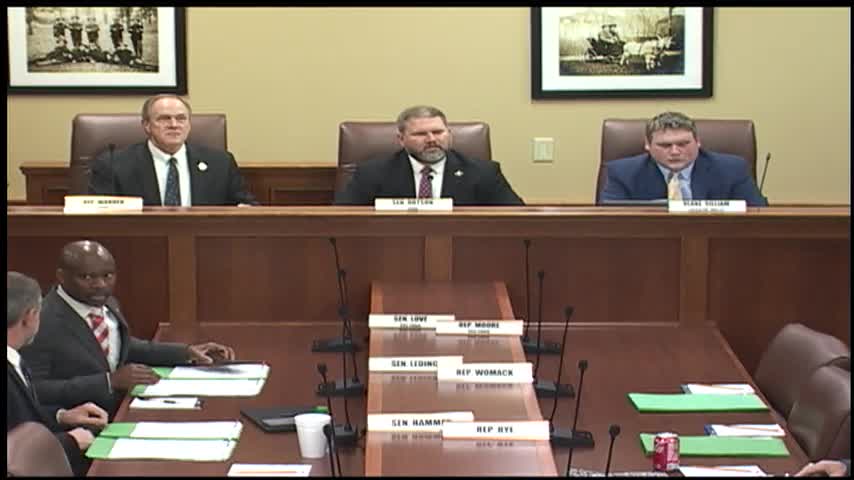Article not found
This article is no longer available. But don't worry—we've gathered other articles that discuss the same topic.

Panel approves bill letting retiring firefighters remain on city health plans until Medicare-eligible

Committee clarifies retiree eligibility for State and Public School Life and Health Insurance Program

Committee approves bill to extend line-of-duty death benefits to occupational-cancer fatalities back to 2019

